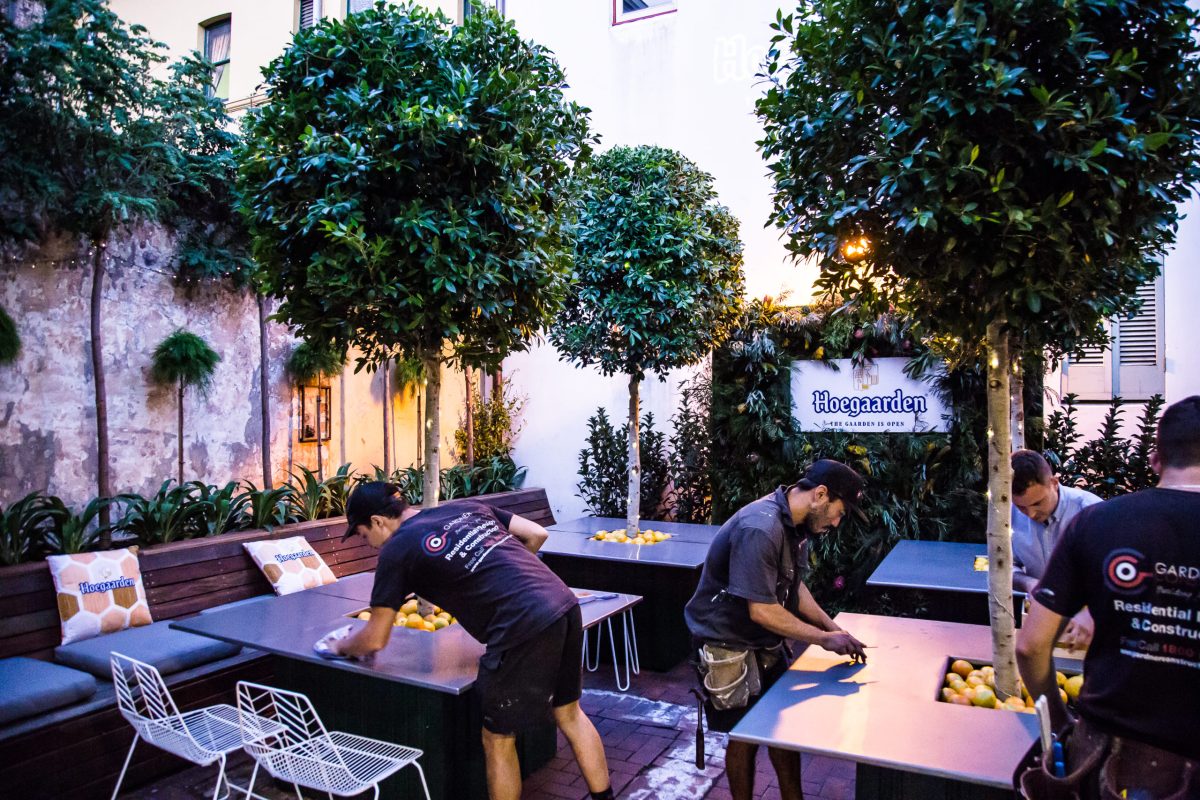In his final piece of a three-part series, Luke Butler of Hastings People, warns that trade will unlikely go back to normal post-Covid, and that operators will need to reassess their revenue streams.
By Luke Butler
Yes, we are all sick of the word ‘pivot’.
The longer this debacle continues, the more time we have to really consider the challenges that lie ahead. The complexity of re-opening is taking form as we digest the proposition of not being able to return to unhindered trading conditions for many months to come.
As COVID-19 took hold of the industry, a number of businesses took creative action in an effort to counteract the loss of trade, while others chose to simply accept it and enter full hibernation.
We continue to see new initiatives launch though I have only spoken with one business who says their activity is actually turning a profit.
Takeaway felt like an obvious choice for many, but it is expensive to execute and sufficient volume has been difficult to generate. It is an activity that might make operators feel like they are doing something but most commonly, it is a loss leader.
Navigating our way through partial or full hibernation is akin to pre-season training. The real test of skill is on its way and those who continue to develop and adapt once the season has started will take the cookies.
Customer expectations are not going to mirror a pre COVID-19 world once play resumes, and the playing field will be unlike any we have experienced. In order to navigate this successfully, thinking really needs to shift from the short term to medium or long term.
There are a few of assumptions on which we can base our thinking.
Firstly, venues will not return to full trading capacity for some time and even when legally permitted to do so, broader economic impacts will mean it is unlikely that pre COVID-19 customer levels will return immediately.
Secondly, a considerable percentage of consumers may have less money to spend and will be apprehensive about general visitation, or large event gatherings due to health and safety concerns.
Finally, operating costs will likely normalise before trading conditions or revenue. Labour may be reduced in some instances, however cost of goods and rent will return with gusto.
When you combine these three points, you begin to realise that returning with a ‘business as usual’ approach is not going to suffice. Even a moderate forecast on trade levels, will cause alarm bells to ring for many operators.
It is my position that through necessity, re-opening will require a time of re-birth for venues, and this is when I believe the real innovation needs to take place.
Venues need to be viewed as platforms to drive multiple revenue streams, both inside and outside of their four walls.
Yes, one could expect gaming revenue to return quickly for certain venues and demographics, however who knows to what level. Player patterns will definitely have shifted, maybe by a little, maybe by a lot. Perhaps some players will lack the desire or funds that once led to them sitting in a room for an extended period of time.
A moderate change to player behaviour will heavily impact many hotels, not only in revenue but to the valuation of businesses and properties, which when applied across a portfolio of venues, can significantly impact a company’s net position.
So, what could a post pivot look like?
Offering takeaway makes more sense when a venue is trading. Kitchens will be staffed regardless and this service could supplement on-premise revenue by encouraging more food and beverage out the doors.
Bottled cocktails, draught beer, ready-to-heat and ready-to-eat meals will continue to be in demand as people spend more time at home. Enabling sales through your website or over the phone is easy to establish and, if actively pushed, could effectively increase revenue with minimal cost implications.
Running promotions might require some thought. Do you need to discount food in-house or is this an activity that is better reserved for takeaway items only? Getting out of the house and into a pub will still be attractive for peak periods, so re-evaluating promotional activity at these times, or pointing activity at different trade periods, is worth considering.
Reservations are a great way to ensure available seats are fully utilised during peak times. Seat wastage is an issue exacerbated by restricted numbers, so if you can ensure every seat at every table is fully occupied, you will make more money.
Supporting reservations and general punters with table service while ensuring tables are turned over a couple of times a night will improve upselling ability and overall revenue.
Offering packages to increase the per-head spend is something worth considering. Perhaps they can be a combination of products to be consumed in venue and others to be taken home.
Corporate and social events are going to take a completely different form. Creating a service product that can cater to this market off-premise is a big opportunity.
A number of operators have experienced success selling ‘party packs’ to customers during hibernation and this could be another example of offers that make more sense when venues are trading.
The value of a customer has never been higher. Understanding and then catering to their needs inside or outside of your venue is a great strategy. Increasing innovation from the outset and then scaling back once trade patterns become clear might just be the difference.
To read Butler’s first two pieces, you can find them in the #StrongerTogether hub, here and here.

